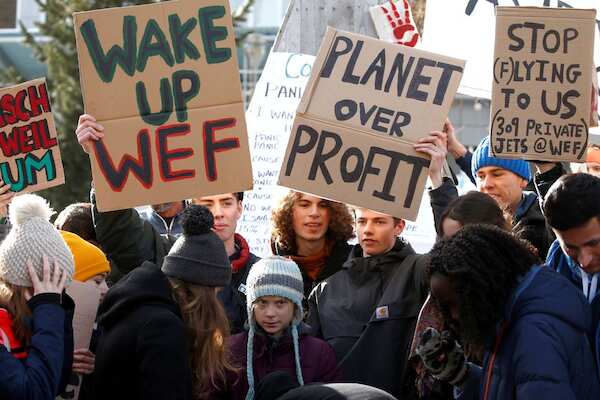A groundbreaking study led by researchers Brianna N. Mack and Teresa R. Martin has unveiled a fascinating connection between music taste and political affiliation.
This study, which explores how individuals' preferred music genres align with their political beliefs, sheds light on an uncharted territory in the intersection of music and partisanship. Mack, an assistant professor of politics and government at Ohio Wesleyan University, shared how the initial idea for this research originated from Martin's final paper in a research methods course back in Fall 2020. Intrigued by the potential influence of party polarization on non-political aspects of life, such as music preferences, Mack found the topic compelling and worthy of exploration. The researchers conducted an online survey using Amazon's Mechanical Turk platform, gathering responses from 588 participants. The survey delved into the participants' demographic information, political ideologies, party affiliations, and music preferences, requiring them to list their top three favorite music genres in descending order. The results revealed intriguing patterns, with individuals who favored country music leaning towards Republican ideologies due to the genre's themes of traditional values, rural living, and patriotism. In contrast, Democrats and liberal-minded individuals showed a preference for genres like pop and rap/hip-hop. This correlation between music preferences and political leanings highlights the intertwined nature of music and partisanship. Mack emphasized the significance of these findings, stating that "even music is political" and emphasizing the relationship between individuals' music preferences and their partisan affiliations. This study opens up new avenues for understanding how music can reflect and influence political beliefs. In conclusion, the study by Mack and Martin offers a fresh perspective on the complex interplay between music preference and political partisanship, underscoring the interconnectedness of cultural expression and ideology.Exploring the Link Between Music Taste and Political Affiliation: A Groundbreaking Study by Brianna N. Mack and Teresa R. Martin
.png) 4 months ago
135059
4 months ago
135059
Related
Revolutionary Liver Transplant from Genetically Modified Pig...
1 month ago
19782
Massive Iceberg Breaks Off Brunt Ice Shelf in Antarctica: Th...
1 month ago
21854
Coping with Ecological Grief: Understanding, Support, and Se...
1 month ago
23065
Groundbreaking Technology Allows Machine to Read Thoughts in...
1 month ago
24944
Trending in United States of America
Popular
Epic Games Prepares to Revolutionize Mobile Gaming with Plan...
4 months ago
136840
Discover What Your Mobile Cover Reveals About You
4 months ago
136772
Bloomberg: Nintendo Switch successor will be released in ear...
4 months ago
136703
Tower Semiconductor wants to build $8 billion chip factory i...
4 months ago
136684
Google Reinstates Indian Apps on Play Store After Government...
4 months ago
136637
Subscribe Newsletter
Fill out the form below to subscribe to our news
© Newstia 2024. All rights are reserved









 English (US)
English (US)